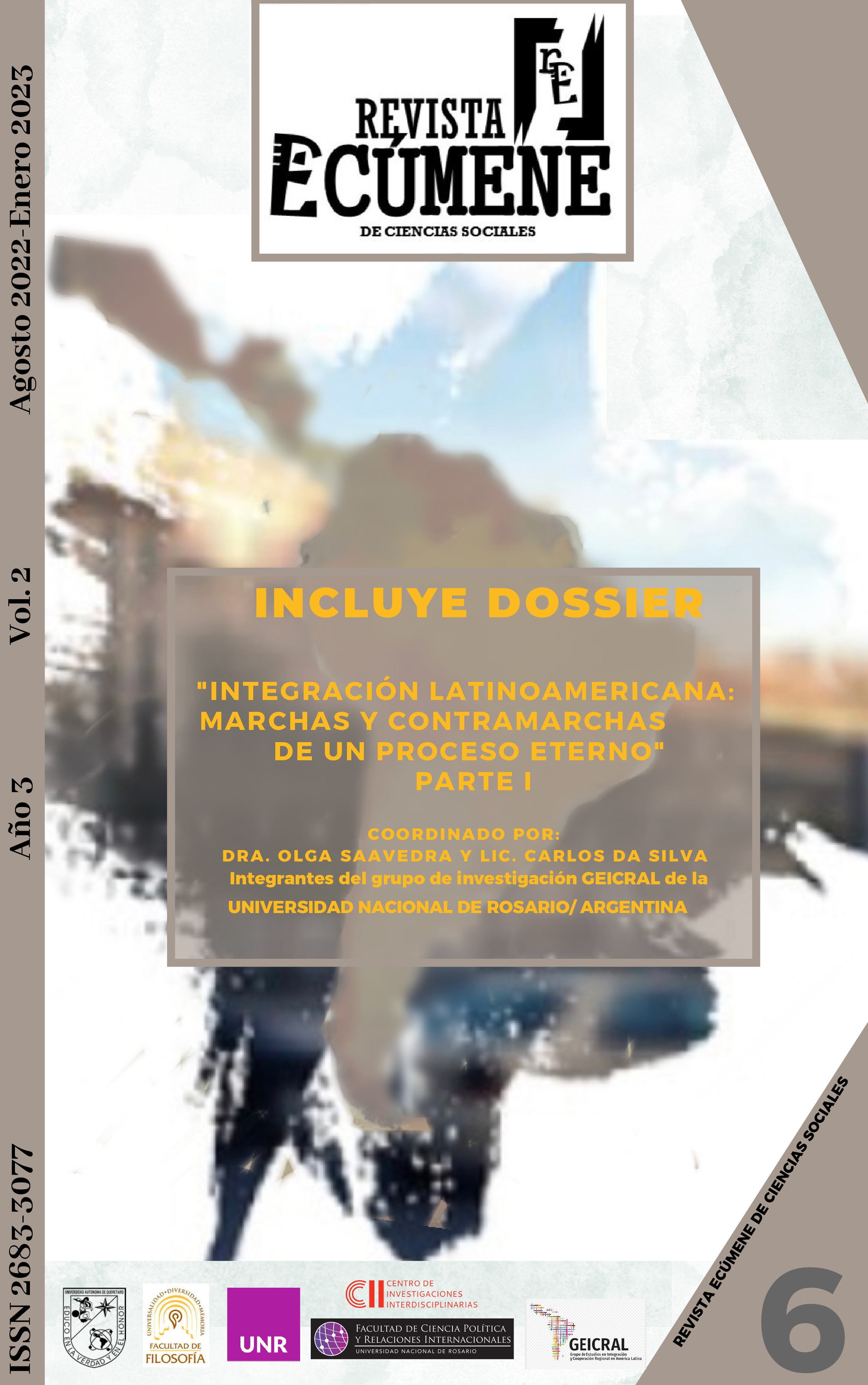Abstract
In this article we propose to analyze the education law from the countries that are members of the Southern Common Market (Mercosur) -including Venezuela (suspended) and Bolivia (in process of addition)- during the “New Mercosur” period, in which the political, social and identity dimension had much relevance. The objective is to identify in what way this regional policy was transferred into the educational legislation in its linguistic aspect: the teaching offer of most languages sharing the region (Portuguese and Spanish). The methodology of work was based in a comparative analysis from a glotopolitical perspective and decolonial studies. As a result, it is found that, although there was a more notable compromise of integration from Bolivia, Venezuela, and Argentina, this was not reflected in the offering of the majority of languages that would be cohesive for Mercosur. Instead, the hegemony of the English language was deepened as the only foreign language that privileges a global citizenship.

This work is licensed under a Creative Commons Attribution 4.0 International License.
Copyright (c) 2023 Autor

